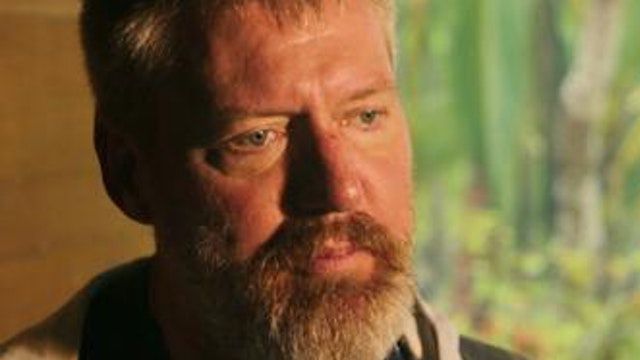The emergence of complex behaviour: Examples from ancient Southeast Asia

This presentation explores the evidence for the emergence of complex behaviour in the past, using Southeast Asia as an illustrative example. I ask what defines complexity in an archaeological sense and discuss this in terms of evidence for major archaeologically visible changes in human behaviour over time. After an over view of the population history of the region, I look at the rise of high density hunter-gatherer communities in northern Southeast Asia (southern China and northern Vietnam). The reasons for their success, and ultimate failure, are contrasted with the emergence of the first farming communities, and concomitant massive demographic changes, in the same region. Throughout the discussion of the emergence of complex behaviours I look to potential environmental (e.g. climate volatility and the effects of documented temperature rises of 2 to 4oC between 8-3,000 years ago) and anthropogenic (e.g. land clearance, wild plant and animal management) factors. Finally, I ask if any salutary lessons can be drawn from our nearest neighbours that adapted to and lived with the effects of climate change thousands of years ago.
Marc F Oxenham gained his bioanthropological and archaeological training at the Northern Territory University (Charles Darwin University) where he was awarded a PhD in 2001. He has held teaching and research positions at Colorado College, USA, and the ANU. He was president of the Australasian Society of Human Biology (2012-14), an Australian Future Fellow (2013-17), elected a Fellow of the Society of Antiquaries of London in 2011 and elected a Fellow of the Australian Academy of the Humanities in 2016. Since 2009, he has acted as consultant (pro bono) for the Unrecovered War Casualties Unit-Army (Australian Department of Defence) in which capacity he has searched for, recovered and identified defence force personnel from conflicts ranging from WWI to the Vietnam War, in France, Vietnam, Papua New Guinea, Indonesia and northern Australia. He is best known as a bioarchaeologist, focusing on human biological and socio-cultural adaptation to climate and technological variability/change in Holocene Southeast Asia.
This series celebrates and welcomes Professorial appointments to the ANU College of Arts and Social Sciences.
Our professoriate are exemplified by their research excellence and outstanding leadership. Newly appointed and promoted professors celebrate this milestone by presenting their research to the college allowing opportunities for interdisciplinary engagement.
View the lecture
Location
Crawford Barton Theatre, JG Crawford Building (#132), Lennox Crossing, ANU, Acton
Speaker
- Professor Marc Oxenham, School of Archaeology and Anthropology
Event series
Contact
- Meg Sawtell